|
|
How is one person supposed to prevent climate change? It might seem like a big ask, but genuine, positive change comes from everyone’s small contributions. There are things you can personally do for the climate crisis to create a better environment.
Why Should You Take Action Against Climate Change?
Globally, humans produced nearly 37.5 billion tons of carbon emissions in 2022 alone. The level has steadily increased every single year since 2009. You should take action against climate change because awareness of the issue is not enough to make a difference.
Despite being a prevalent issue, the amount of emissions continues to increase. It can be tempting to leave the action to professionals or activists, but your contribution can significantly help the cause.
What Can You Do for the Climate Crisis?
Every bit of help counts towards a better environment. You can do plenty of things besides turning off your tap when you brush your teeth.
1. Contact Local and Federal Government Officials
An elected official’s job is to listen to voters and make decisions on their behalf. If enough people speak up, they can enact real change. Pushing for carbon emission regulation at a national level can help control the climate crisis.
Although your behavior meaningfully impacts the climate, certain groups and industries have much more significant impacts. For example, everyone in the top 1% of emitters produces over 50 tons of carbon annually, while the average person creates just under five tons.
If you contact your representatives and call for such things to be regulated, there’s a chance for positive change.
While the federal government often has the final say in a lot of environmental matters, your state government has the potential to enact meaningful change at a local level. You can contact your elected officials to call for eco-friendly actions in your community.
2. Organize Local Cleanups

Even if you live in a nice neighbourhood, you’ve probably seen trash alongside the road or in gutters. Since litter harms the environment, taking care of it can help local ecosystems. While it helps to take care of it on your own, a collaborative effort can get much more done in less time.
A community cleanup involves recruiting neighbors to pick up trash and other debris. You can post a flyer or reach out to your neighbors, and organize a time and a place to gather and begin. It can be a pleasant bonding experience and leave your community looking nicer than before.
3. Repurpose Food Scraps
Have you ever peeled a potato and tossed the skin, or thrown away a half-finished meal? The one billion tons of food people throw away yearly accounts for up to 10% of greenhouse gas emissions globally. Even if food scraps aren’t edible, you can repurpose them and help the environment.
You can compost most things you usually throw away to create fertilizer. Even if you don’t have a garden, it’s still beneficial because you can spread it on your front lawn or give it to people with plants.
<insert image – compost >
4. Plant a Native Garden
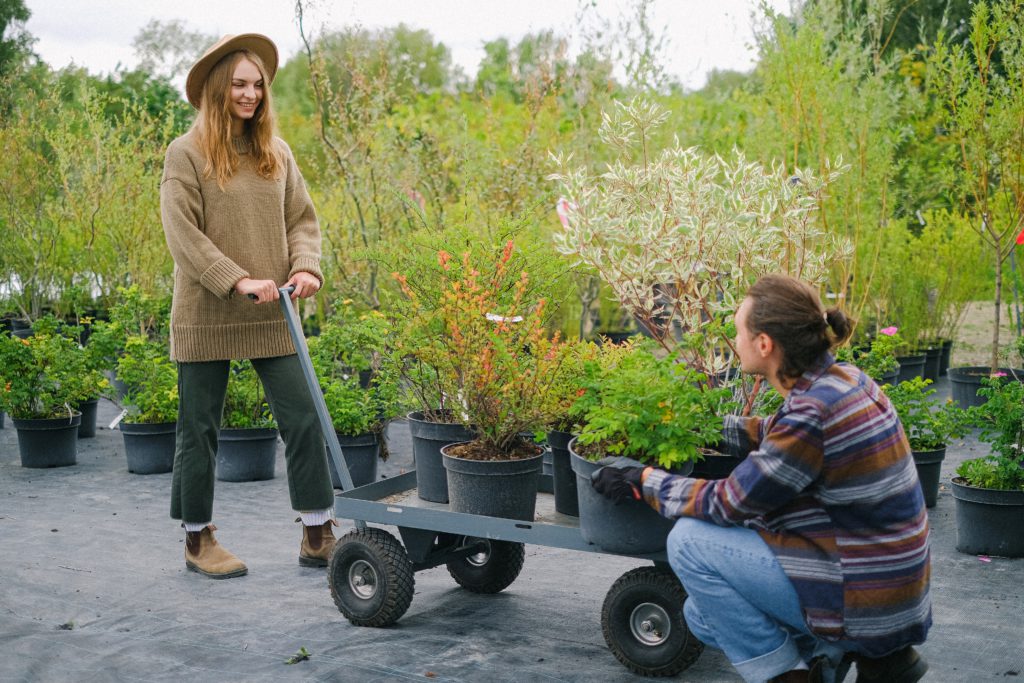
Native plants are a fundamental part of your local ecosystem. They create shelter for wildlife and support essential insects like honeybees, butterflies or beetles. If your neighbourhood is full of freshly mowed lawns, consider making your home a sanctuary for local flora and fauna. The widespread reintroduction of native plants can counteract up to 20% of greenhouse gas emissions in the United States.
Besides, maintaining a grass lawn takes a lot of natural resources and work because you have to water it fairly often to keep it green. Water conservation can have a significant positive impact on the environment. For example, California’s water conservation efforts during a drought saved it enough energy to power 274,000 homes for a year — equivalent to taking 110,000 cars off the road for an entire year.
5. Raise Awareness on Social Media
Awareness of an issue is one of the main things that inspires action. Before people can improve the environment, they need to know how they can help. You can create or share accurate information about sustainable living to influence others to take action on climate change. Even if you have a small following, your voice matters because informing even a single person is helpful.
6. Switch to Vegetables
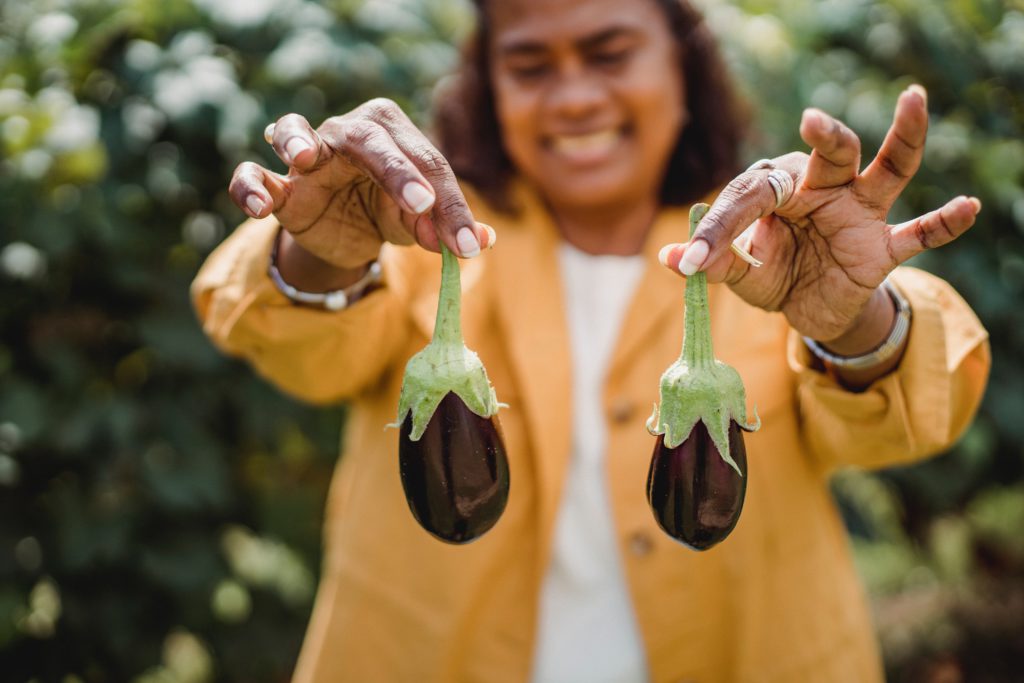
It’s no secret that eating vegetables is good for you, but did you know it’s also healthier for the Earth? Growing produce is usually easier on the environment than raising livestock, so switching to a plant-based diet has a better impact on the climate.
That being said, only some people want to become vegetarians. Even if you prefer a burger over a salad, switching to white meat still positively impacts the environment because red meat has the largest environmental impact by far. You can help prevent the climate crisis from progressing by changing your diet slightly.
7. Change Your Transportation
Transportation makes up over 20% of global carbon emissions, with passenger vehicles contributing a whopping 45% to that total. Only some people walk or bike on their daily commute, so it might be better for you to take a bus or carpool. Whenever you get the chance, try traveling more sustainably.
8. Use Energy Sustainably
Most people know the common energy-saving tricks like shutting off lights or switching to eco-friendly lightbulbs, but only some consider using renewable energy. Solar panels are great choices because they’re perfectly fit for home use.
They’re better for the climate because they produce energy sustainably and can reduce your dependence on fossil fuels. Installing them can be initially expensive, but they’re often a worthwhile investment.
You should still consider using renewable energy even if it’s not in your current budget because there are ways to make it more affordable. The federal government is giving a 30% tax credit for solar panel installations until 2032. Also, as they become more popular, they’re becoming more affordable. It might be worth it to get your very own solar panels.
You Can Do Something for the Climate Crisis
Taking action against climate change ensures a stable and healthy future for communities worldwide. You can take the time to form eco-friendly habits and inform others of the climate crisis to help protect the Earth and your future.
Understand that you can create meaningful change for the climate crisis by making small changes in yourself and your community. The difference you make can grow outwards until it affects people with the resources to enact big change. Every small contribution helps.





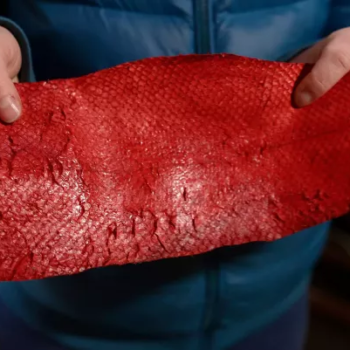

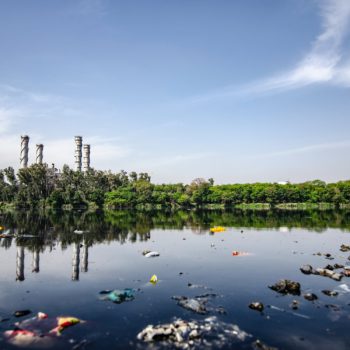


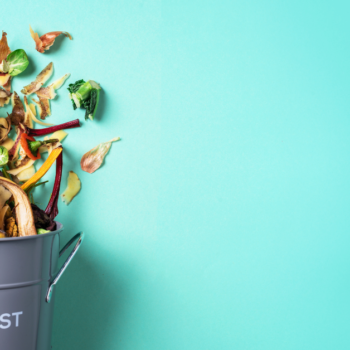


No Comments